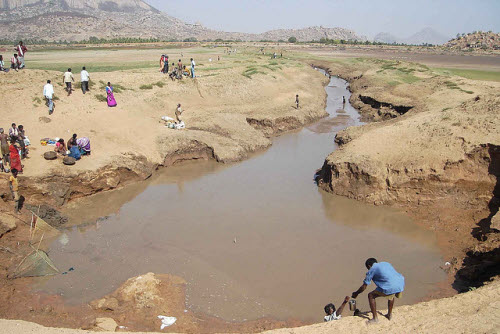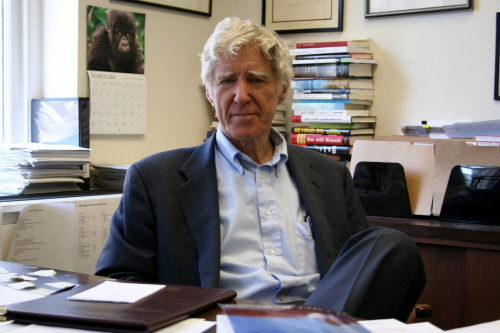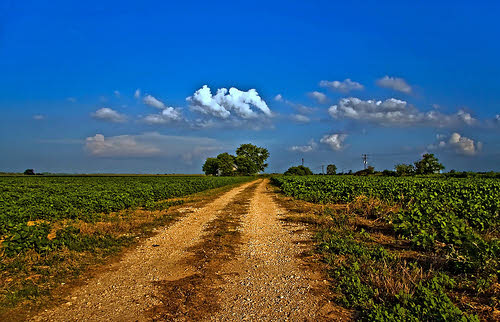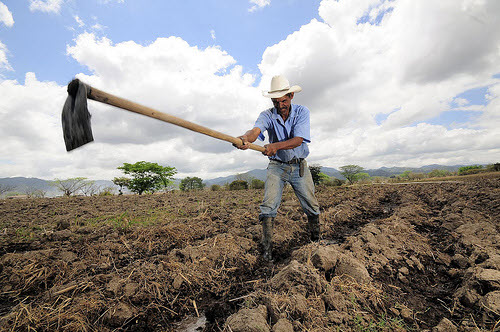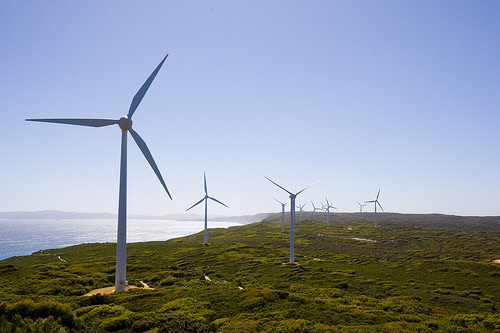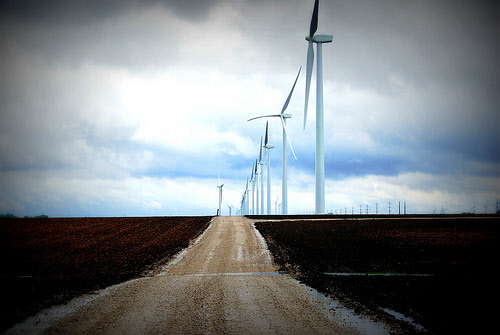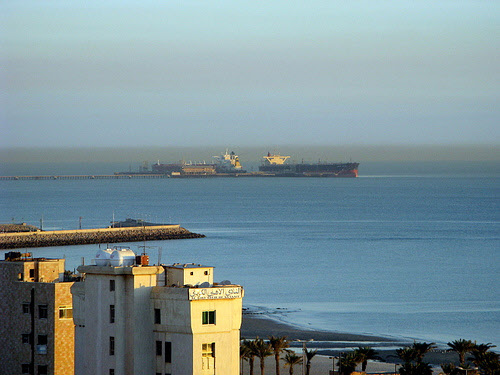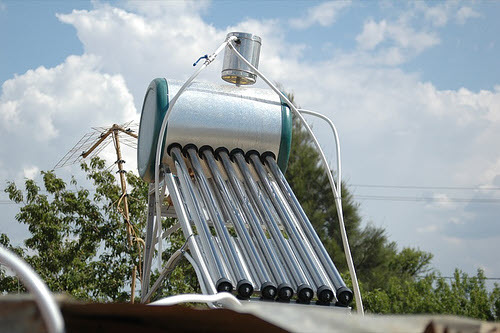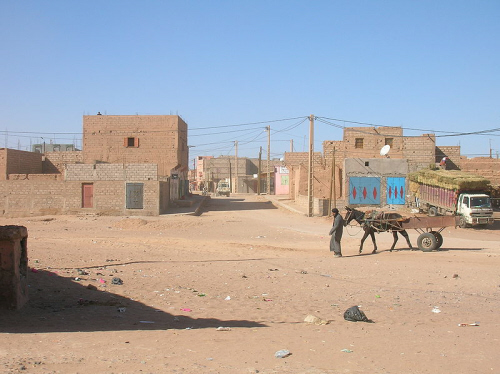Researchers at Indiana University believe that bacterium Z. mobilis could reduce the cost of producing cellulosic ethanol from agricultural waste.
Tag: lester brown
US – India: Dealing With Monsoon Failure
By Lester R. Brown The scene plays out in India. At a reception, I met the head of Indian operations for Esso (now ExxonMobil). When I asked him how business [ … ]
The Story of a Tomato Farmer: Lester R. Brown’s Breaking New Ground
Please note: Earth Policy Institute provided me with a free review copy of Breaking New Ground. I’ve been reading Lester Brown’s work for about ten years now, and in the [ … ]
China’s Rising Soybean Consumption Reshaping Western Agriculture
Global demand for soybeans has soared in recent decades, with China leading the race. This growth has environmental impact well beyond Asia, as Lester Brown demonstrates.
Full Planet, Empty Plates: Quick Facts
With falling water tables, eroding soils, and rising temperatures making it difficult to feed growing populations, control of arable land and water resources is moving to center stage in the global struggle for food security. What will the geopolitics of food look like in a new era dominated by scarcity and food nationalism? Here are a few of the many facts from Full Planet, Empty Plates.
The New Global Food Crisis: Lester Brown’s Full Planet, Empty Plates
The phrase “global food crisis” may strike us in the developed world as a bit overblown. But in his new book Full Planet, Empty Plates: The New Geopolitics of Food Scarcity, Lester R. Brown, founder of the Earth Policy Institute, aptly demonstrates that our current food security situation is anything but normal… and could even represent the “weak link” to maintaining the standard of living to which we’ve become accustomed.
The Great Transition, Part II: Building a Wind-Centered Economy
Over the past decade, world wind electric generating capacity grew at nearly 30 percent per year, its increase driven by its many attractive features and by public policies supporting its expansion. Wind is abundant, carbon-free and nondepletable. It uses no water, no fuel, and little land. Wind is also locally available, scales up easily, and can be brought online quickly. No other energy source can match this combination of features.
The Great Transition, Part I: From Fossil Fuels to Renewable Energy
The great energy transition from fossil fuels to renewable sources of energy is under way. As fossil fuel prices rise, as oil insecurity deepens, and as concerns about pollution and climate instability cast a shadow over the future of coal, a new world energy economy is emerging. The old energy economy, fueled by oil, coal, and natural gas, is being replaced with an economy powered by wind, solar, and geothermal energy.
Meat Consumption in China Now Double That in the United States
More than a quarter of all the meat produced worldwide is now eaten in China, and the country’s 1.35 billion people are hungry for more. In 1978, China’s meat consumption of 8 million tons was one third the U.S. consumption of 24 million tons. But by 1992, China had overtaken the United States as the world’s leading meat consumer—-and it has not looked back since.
Governments Spend $1.4 Billion Per Day to Destabilize Climate
We distort reality when we omit the health and environmental costs associated with burning fossil fuels from their prices. When governments actually subsidize their use, they take the distortion even further. Worldwide, direct fossil fuel subsidies added up to roughly $500 billion in 2010.
Harnessing the Sun's Energy for Water and Space Heating
The pace of solar energy development is accelerating as the installation of rooftop solar water heaters takes off. Unlike solar photovoltaic (PV) panels that convert solar radiation into electricity, these “solar thermal collectors” use the sun’s energy to heat water, space, or both.
Troubling Health Trends Holding Back Progress on Life Expectancy
People born today will live for 68 years on average, 20 years longer than those born in 1950. By the mid-twentieth century, industrial countries had already made major strides in extending lifespans with improvements in sanitation, nutrition, and public health. After World War II, rapid gains in life expectancy in developing countries began to narrow the gap between these nations and industrial countries. Although average life expectancy worldwide continues to increase, gains have come more slowly in the last few decades. Worryingly, life expectancy has actually declined in some developing countries, while a few industrial countries have stalled or made slow progress on this important indicator of human health and well-being.
Expanding Deserts, Falling Water Tables, and Toxic Pollutants Driving People from their Homes
By Lester R. Brown People do not normally leave their homes, their families, and their communities unless they have no other option. Yet as environmental stresses mount, we can expect [ … ]


